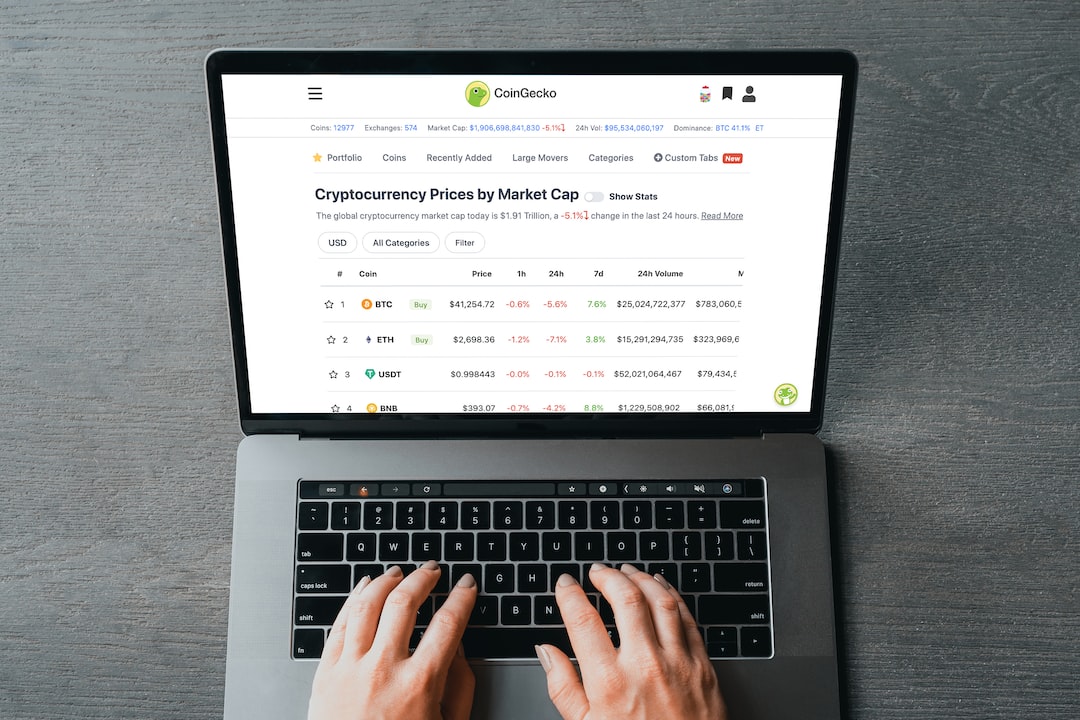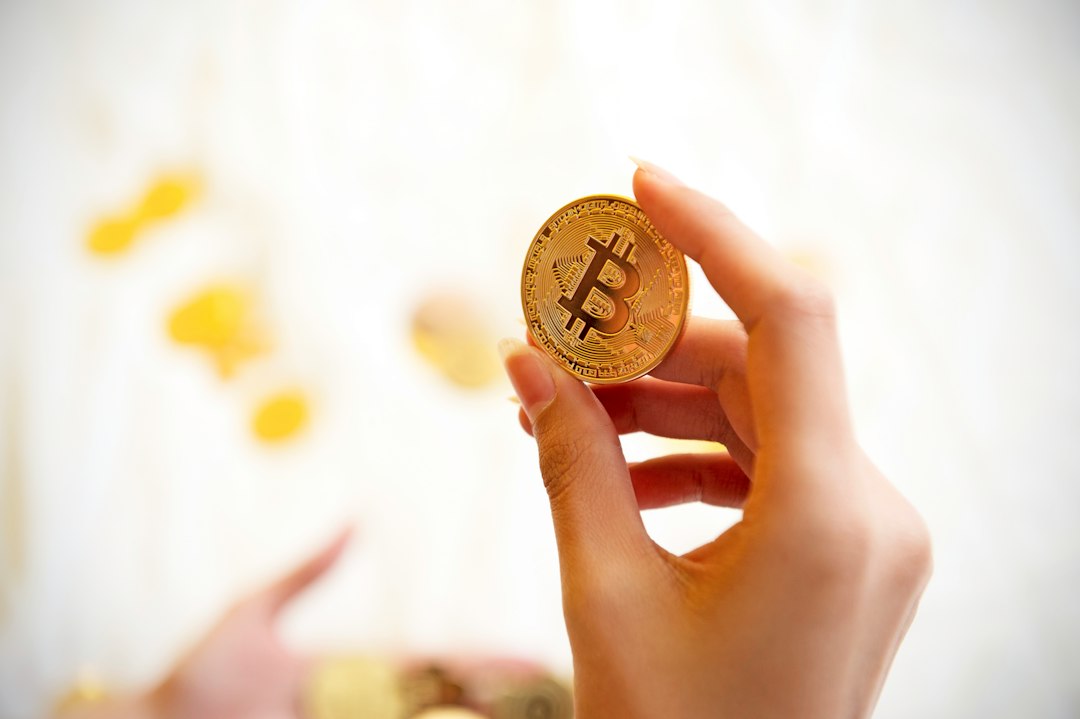Large Outflows from CoinEx Wallet Raises Suspicions of Hack
On September 12, CoinEx, a cryptocurrency exchange, experienced unusually large outflows to an address that had no previous history, leading security experts to suspect a potential hack. According to estimates from blockchain security platform Cyvers Alerts, the losses are believed to be around $27 million.
Details of the Transactions
At around 1:21 p.m. UTC, a known CoinEx hot wallet transferred approximately 4,947 Ether (ETH), valued at $7.9 million at the time, to an Ethereum account with no prior history. Following this transaction, the CoinEx hot wallet began transferring significant amounts of tokens to the same address. The transferred tokens include 408,741 DAI stablecoin, 2.7 million Graph (GRT) tokens, and 29,158 Uniswap (UNI) tokens, among others.
Concerns Raised by Experts
Blockchain security firm PeckShield and CryptoQuant’s head of research, Julio Moreno, reported the outflows as suspicious. Moreno commented that the behavior of the CoinEx wallet was unusual, noting that the Ether reserves were almost depleted.
No Public Statement from CoinEx
As of now, CoinEx has not released any public statement regarding the incident. This is an ongoing story, and more information will be provided as it becomes available.
Hot Take: CoinEx Faces Potential Hack with Millions Lost
On September 12, CoinEx, a cryptocurrency exchange, experienced a significant security breach that resulted in the loss of approximately $27 million. Suspicious transactions were detected, prompting concerns of a potential hack. The exchange’s hot wallet transferred a large amount of Ether and various tokens to an address with no prior history. Experts have labeled the outflows as suspicious, with the CoinEx wallet’s behavior deemed unusual. The exchange has yet to issue a public statement regarding the incident. As the situation develops, more information will be provided. This incident highlights the ongoing security risks associated with cryptocurrency exchanges, emphasizing the need for robust security measures to protect user funds.





 By
By
 By
By
 By
By
 By
By
 By
By